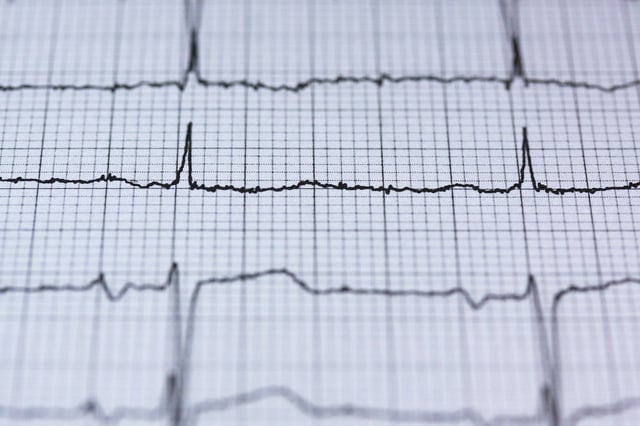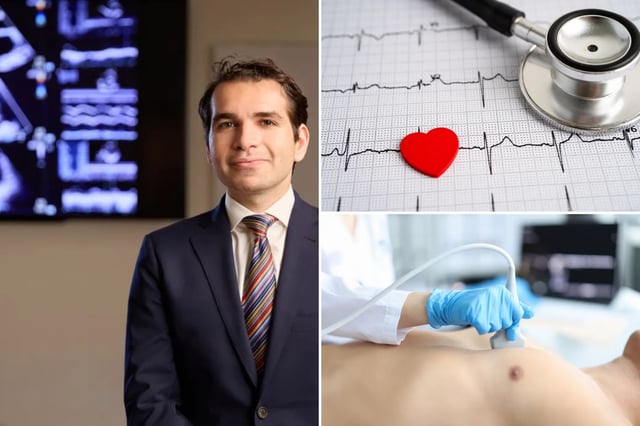Overview
- EchoNext, trained on over 1.2 million ECG–echocardiogram pairs, detected 77% of structural heart defects in a validation study compared with 64% accuracy by cardiologists.
- During real-world screening of nearly 85,000 ECGs, EchoNext flagged over 7,500 high-risk individuals; about 55% underwent their first echocardiogram and 75% were diagnosed with structural heart disease.
- Following publication in Nature, Columbia University and NewYork-Presbyterian have filed a patent application for EchoNext and launched a clinical trial across eight emergency departments.
- In an independent study in the European Heart Journal, Imperial College London’s AI model predicted future valve defects from EKG readings with 69%–79% accuracy across diverse populations.
- Researchers envision leveraging the 400 million ECGs performed worldwide each year to create a scalable, cost-effective screening paradigm for asymptomatic structural heart disease.

